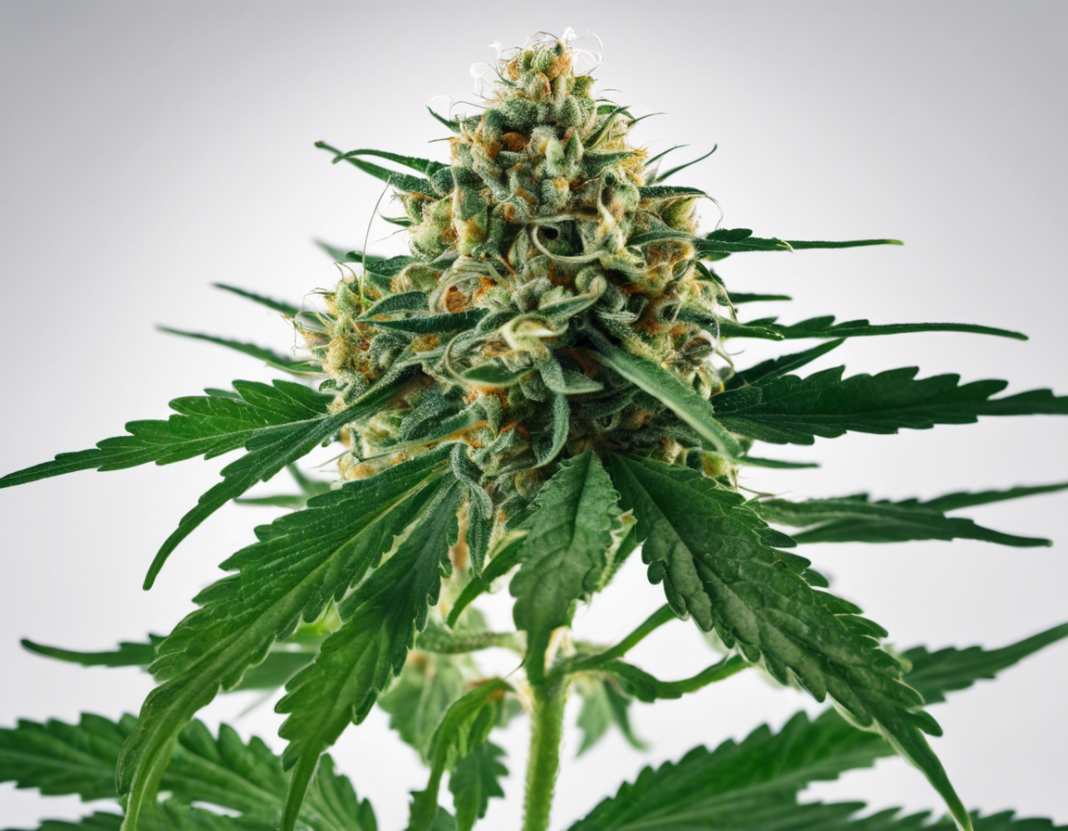Cannabis, also commonly known as marijuana, has been used for both medicinal and recreational purposes for centuries. In recent years, the medicinal properties of cannabis have attracted significant attention from researchers, healthcare professionals, policymakers, and the general public. This versatile plant contains numerous compounds, with cannabinoids being the most studied for their potential health benefits.
Understanding Cannabis:
Cannabis contains over 100 different cannabinoids, with delta-9-tetrahydrocannabinol (THC) and cannabidiol (CBD) being the most well-known. THC is primarily responsible for the plant’s psychoactive effects, while CBD is non-psychoactive and is believed to offer various health benefits. These cannabinoids interact with the body’s endocannabinoid system (ECS), a complex network of receptors involved in regulating a wide range of functions, including pain, mood, appetite, and immunity.
Health Benefits of Cannabis:
-
Pain Relief:
Cannabis has been used for centuries as a natural pain reliever. Both THC and CBD have been found to have analgesic properties and may help alleviate chronic pain conditions such as arthritis, fibromyalgia, and neuropathic pain. -
Anti-Inflammatory Effects:
CBD, in particular, has potent anti-inflammatory properties, making it a promising therapeutic option for conditions characterized by inflammation, such as rheumatoid arthritis and inflammatory bowel disease. -
Anxiety and Depression:
Some studies suggest that certain cannabinoids in cannabis may help manage symptoms of anxiety and depression by interacting with the brain’s neurotransmitter systems and promoting a sense of relaxation and well-being. -
Neuroprotective Properties:
Research indicates that cannabinoids have neuroprotective effects, meaning they may help protect the brain from damage and degeneration. This has implications for neurodegenerative conditions like Alzheimer’s and Parkinson’s disease. -
Anti-Seizure Effects:
CBD has garnered attention for its potential to reduce the frequency and severity of seizures in individuals with epilepsy, particularly those who do not respond to conventional treatments. -
Cancer Treatment Support:
While more research is needed, some studies suggest that cannabinoids may have anti-cancer properties by inhibiting tumor growth, inducing cancer cell death, and preventing the spread of cancer cells. -
Improved Sleep:
Cannabis is known for its sedative effects, which can help individuals struggling with insomnia or other sleep disorders achieve better quality sleep.
Methods of Consumption:
Cannabis can be consumed in various forms, including:
- Smoking: Inhaling the smoke from dried cannabis flowers is one of the most common methods of consumption.
- Vaping: Vaporizing cannabis extracts or oils at lower temperatures can be a safer alternative to smoking.
- Edibles: Consuming cannabis-infused foods or beverages offers a discreet and long-lasting effect, although onset time can vary.
- Topicals: Applying cannabis-infused lotions, creams, or balms directly to the skin can provide localized pain relief without the psychoactive effects.
Potential Risks and Side Effects:
While cannabis offers numerous potential health benefits, it is essential to be aware of the associated risks and side effects:
- Psychoactive Effects: THC is responsible for the “high” associated with cannabis use, which can impair cognitive function and motor skills.
- Addiction: Some individuals may develop a dependence on cannabis, particularly with high-THC products.
- Impaired Memory and Cognition: Chronic cannabis use, especially in adolescence, has been linked to memory and cognitive deficits.
- Respiratory Issues: Smoking cannabis can irritate the lungs and may lead to respiratory problems over time.
- Drug Interactions: Cannabis can interact with certain medications, so it’s crucial to consult with a healthcare provider before using it alongside other drugs.
FAQs – Frequently Asked Questions:
-
Is cannabis legal for medical use?
Medical cannabis laws vary by country and region. Some places have legalized medical cannabis, allowing patients to access it with a prescription. -
Can cannabis help with chronic pain?
Yes, cannabinoids in cannabis have been shown to have analgesic properties and may help alleviate various types of chronic pain. -
Is CBD oil the same as medical cannabis?
CBD oil is a product derived from cannabis or hemp plants that contains high levels of CBD and minimal THC. Medical cannabis may include varying levels of both cannabinoids. -
Are there different strains of cannabis for different health conditions?
Yes, cannabis strains can vary in their cannabinoid and terpene profiles, which can influence their effects on specific health conditions. -
Can cannabis be used for mental health conditions like anxiety and depression?
Some research suggests that certain cannabinoids in cannabis may have potential benefits for managing symptoms of anxiety and depression, but more studies are needed.
In conclusion, cannabis holds promising potential as a natural remedy for various health conditions, thanks to its diverse cannabinoids and their interactions with the endocannabinoid system. However, it is crucial to approach cannabis use mindfully, consult with healthcare professionals, and consider the potential risks and benefits before incorporating it into a wellness regimen. Continued research into the therapeutic properties of cannabis will provide further insights into its multifaceted health benefits and applications.






